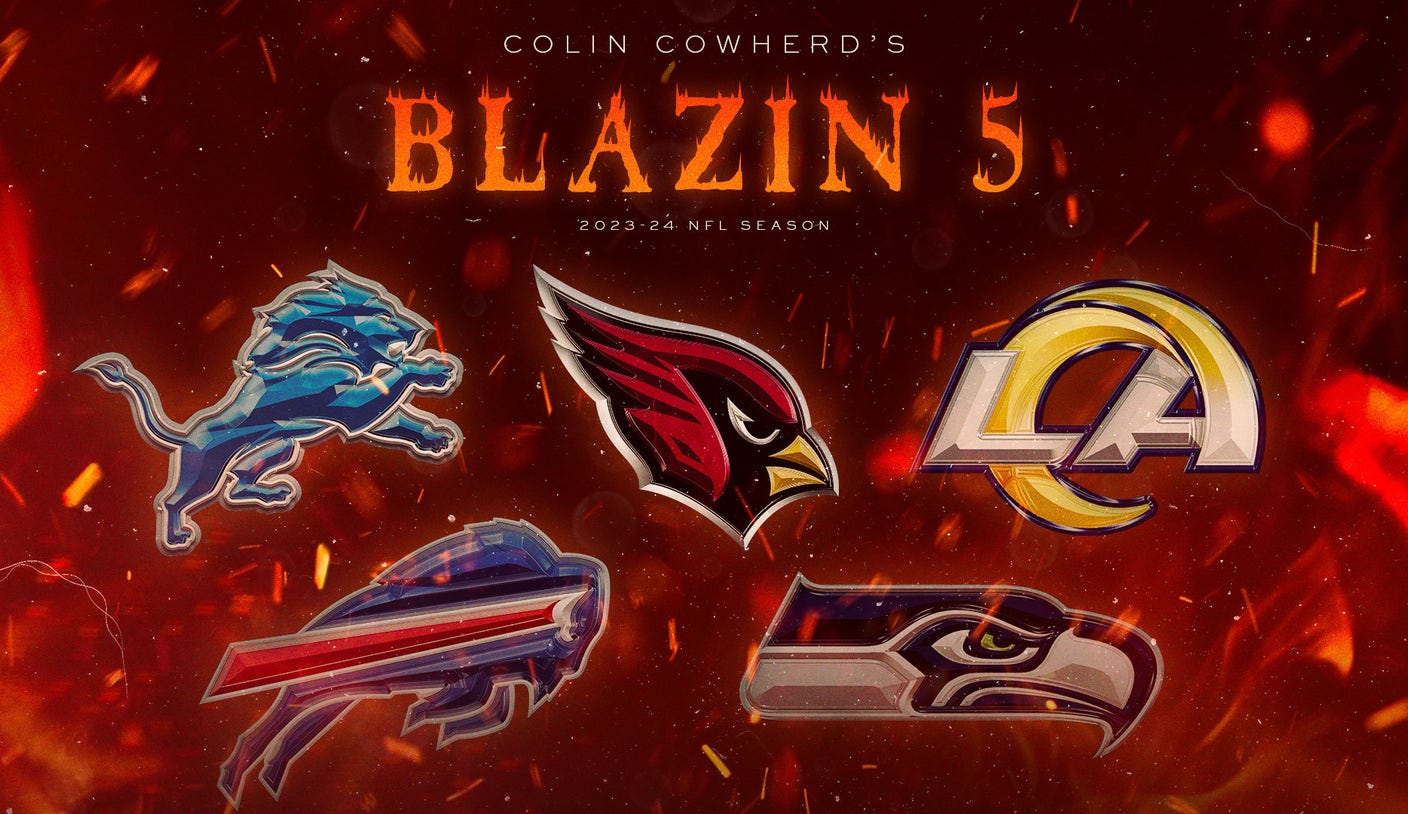
You’ve previously spoken about Spotify and Netflix’s recommendation tools. What can the online gambling industry learn from these?
I suppose the most obvious is that the first thing apps like Spotify and Netflix do is recognise me as an individual. For example, with Spotify, the home page is effectively devoted or geared to what they know about me.
What betting fails to do, at the moment, is recognise me as an individual at any level, apart from when I log in. It might say “Hi Andrew,” but equally, and I’ve noticed in communications with me, it doesn’t identify with my particular behaviour or my particular preferences.
What that means as far as the experience is concerned, and what that undoubtedly means as far as millenials are concerned is, with all of the data involved, I just think they do miss an opportunity to create that pull to the platform.
To what extent have operators held back in allowing their platforms to develop a personality? Why do you think that’s happened?
I do appreciate that the majority of sportsbooks are handicapped to the extent that the bulk of what they offer is very much dependant on who their third party provider is. There are very few sportsbooks who I would say completely own their product, so they are reliant on the third party provider to deliver events, odds, etc.
I think that’s what’s changing now, and it’s something that we are heavily involved in, but more of these sportsbook providers now realise that the operator wants the ability to customise their product as far as their particular customers are concerned. I’ve talked to operators, who work in a particular territory, and effectively they know that three of their competitors have got exactly the same platform, because it comes from the same provider as they have, and therefore they were constrained in terms of what they can develop.
How does Bettorlogic personalise the sportsbook experience?
First, we built software, about three or four years ago, that analyses the betting history of the consumer. Now you get that as anonymous data, so we’re assigned an ID for a particular customer. We then feed into our software based on certain key elements, and all of that creates the profile. As I’m sure you’ll appreciate, I can belong to two or three different profile groups. I can be a pre-event football bettor, but when I bet in play my behaviour is different to bets before the game, and I could also be somebody who, when there’s a golf major on, has a bet on golf.
What we do is create the profile of the particular players, we therefore know what some of these preferences are, and we know from the aggregated data what the likely behaviour is going to be of a particular customer.
Bettorlogic has retention-themed products such as Football Forum Labs and Nextbet. How fair is it to say not enough suppliers focus on these? If so, why?
We have been through the painful process with sportsbooks. Look at historically what has happened to digital sportsbooks. First of all, they concentrated very much on acquiring clients, so they gave out all these bonuses and signed up as many clients as they possibly could. Then they got involved in what I would call a market race, so they felt they had to offer 500 pre-event football markets.
Now any data we look at, we know that close to 90% of the activity concentrates around very few markets. A lot of those markets are completely irrelevant, but the sportsbook becomes incumbent with all those markets. Now I think they are beginning to realise that they need to hang on to their customers, and asked; how do you do that?
This might not apply but to what extent has GDPR made personalising the experience difficult?
We took a lot of legal advice about this, but the fact is we know no personal details of any of the customers that we’re dealing with. GDPR is really designed to protect what I call your private details; my name, email, and address. What I think will happen, and I’ve noticed this on non-betting sites, is that where the message used to ask “do you accept our policies and cookies?” it will now start to say “if you empower us we can improve the experience for you.”
This is starting to apply in retail, where once you check a box, the online shop will know your size and other details and will notify you on the best deals. I think sportsbooks might also go that way.
How effective are recommendation engines as marketing tools?
In the more general sense, if you are presenting a reason that’s not an opinion, you’re presenting a piece of information that says “this is historically what has happened” and therefore why it is a good indicator, then you get activity around it.
If you define a bet prompt or bet simulation as a recommendation tool then I think they are effective in the sense that they help customers in the decision-making process. I think if you are providing assistance when it comes to a decision-making process, then there is a propulsive benefit.
How likely is it we will see more AI used as part of CRM tool in the coming years?
I think when it comes to sports betting, there is quite a lot of emotion involved. If I bet on a horse race and my horse loses by a short head or a neck, I consider myself unlucky and quite often I will react to that. It’s quite hard, I think, for AI to track that sort of behaviour and the reaction to that type of behaviour.
What can the industry do as a whole to improve the area of personalising the experience?
I see absolutely no reason why you can’t have a betting experience whereby there is very little need for me to move off that home page. I think this is what millenials expect. They expect their apps to learn from what they’re doing.
I was at a football match with my son and he wanted to bet, and after 15 minutes we gave up, because we couldn’t actually get the bet on. Even if I want to place a single bet, it can be a bit of a torturous procedure.
What we have found, especially during the World Cup in territories like Africa, is that if you created a relatively simple hub, where you could register, log in, and bet without leaving, then that was very attractive for bettors. They could open it up; they could see the reasons to have a bet, either before the game or during, and they didn’t have to go through the process of searching around to find their particular bets. It wouldn’t surprise me if betting does become simplified.



